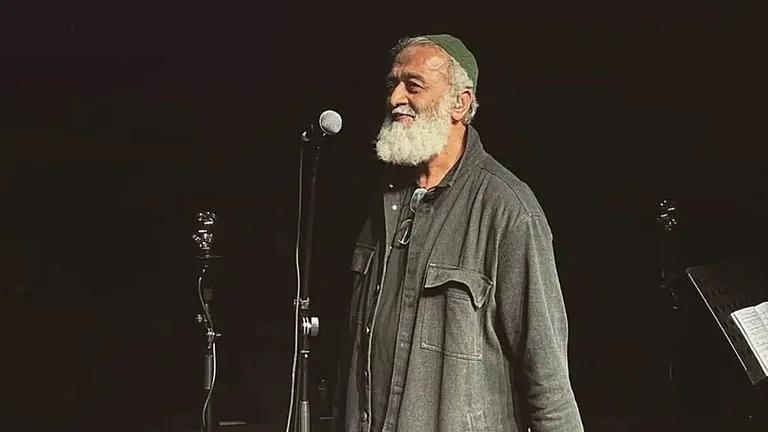TAKE a flight from San Francisco. Rest at Amsterdam and sleep your way to Delhi. No baggage checks. No additional tickets. And minimal paperwork. The Indian business traveller has never had it so good.
A rash of applications from premier foreign airlines await clearance at the Directorate General of Civil Aviation (DGCA), which supervises on all the day to day functions of private and foreign airlines. What started off as a trickle following the "open sky" airlines policy of the late '80s, is threatening to turn into a flood. International carriers have suddenly woken up to the potential of the Indian traveller. After all:
Leading the charge is Lufthansa, which has been expanding operations steadily over the years. Today it has a daily flight from Delhi to Frankfurt and hopes for more flights in the immediate future. "This is the growing market," says spokesperson Kavin Sethi.
US-based United Airlines will begin two round-the-world services daily from New Delhi starting December 15, if all goes well: east-bound via Hong Kong, and west-bound via London.
Then there's the KLM-Northwest Airlines alliance, whose application is currently being processed by the DGCA. "What we want to develop is a unique airline system," says David Wookey, Northwest's vice-president for the Atlantic region, who flew down to India to announce the alliance's plans in August. This uniqueness includes synchronised timetables, one-point passenger services and luggage checks. The Lufthansa-Modiluft alliance also plans to offer the convenience of flying in direct from Europe, travelling within India, and back without too much paperwork.
British Airways, which has a total of 14 flights a week from Delhi and Bombay, is looking for more in the immediate forsee-able future. And Cathay Pacific is planning an aggressive doubling of its flights from Hong Kong to India. In return Air-India (AI) gets more airport slot-ins at the island's new airport to be completed by 1997. Currently Cathay flies four times a week between Bombay and Hong Kong. In return, AI operates five flights between Delhi and Hong Kong.
Such bilateral agreements are the foundation of the international airline trade. The business works on a strict quid pro quo basis. Whenever a carrier from country X wants a share of country Y's skies, it works out an agreement with Y's carrier, which gets a correspond-ing share of country X's market. Sometimes, however, these bilaterals take far too long to hammer out. The ongoing talks between India and the US are a prime example. United Airlines has applied for more flights to Delhi and Bombay. In turn India wants AI's access to five US cities—Chicago, Washington, Houston, Atlanta and Miami—in addition to the current New York and Los Angeles.
The talks, held in September, had aroused a lot of hope, since this was the first time in seven years that such Indo-US discussions were being held. But, says Civil Aviation Secretary Yogesh Chandra: "There was no meeting ground on the American demand for unrestricted access for US carriers into India."
Other governments have not been so recalcitrant, as evidenced by the string of marketing tie-ups AI is effecting. In September came the agreement with the Scandinavian Airlines System (SAS). AI's Boeing 767 now flies non-stop thrice weekly to Copenhagen and back. The arrangement is based on 'code-sharing', which means AI can block 30 seats in SAS' economy class and be entitled to use its code designator 'A-I' on these flights.
The Indian carrier now expects to fly to Israel because El Al has begun operations to India; an agreement has already been signed with Fin Air; AI has begun operations to Manchester since November 15 and its Special Purpose Team (SPT) is looking at Amsterdam, Zurich and Entebbe. "This is meant to give us more access and visibility," says AI spokesperson Rohita Jaidka. But in addition, AI should also provide more routes for foreign carriers to find their feet in the country. Only then will the skies turn really friendly for the Indian business traveller.


























